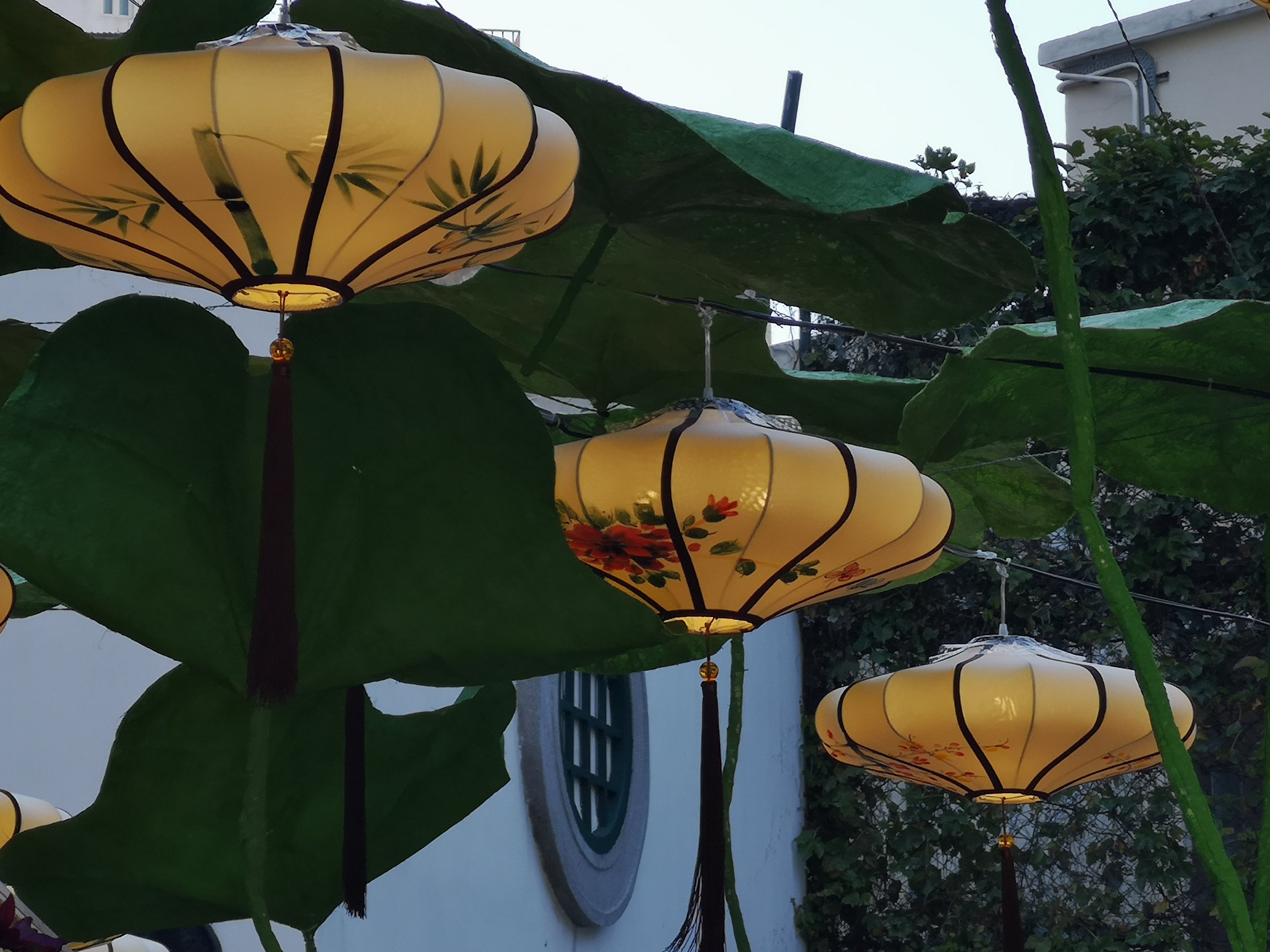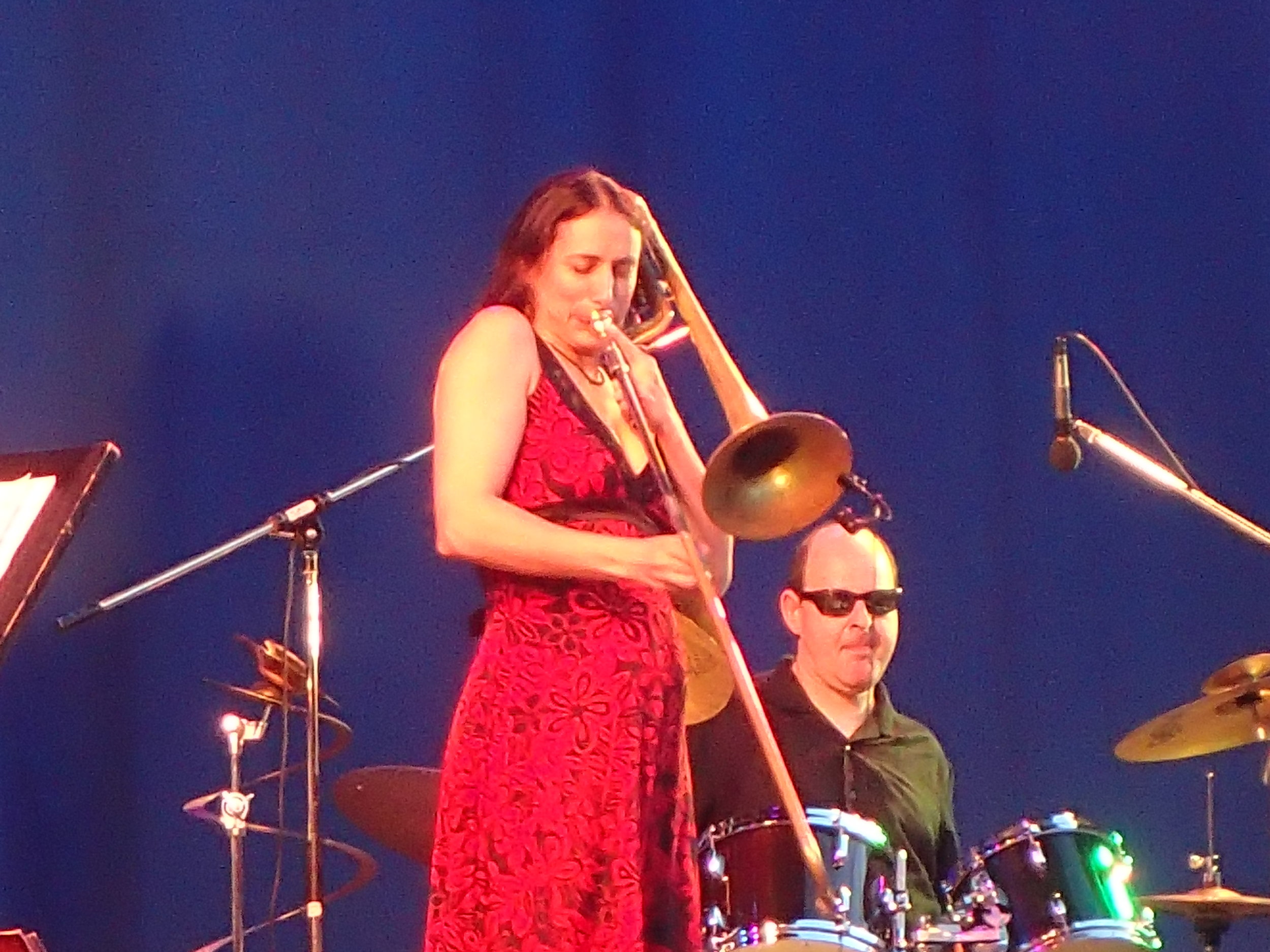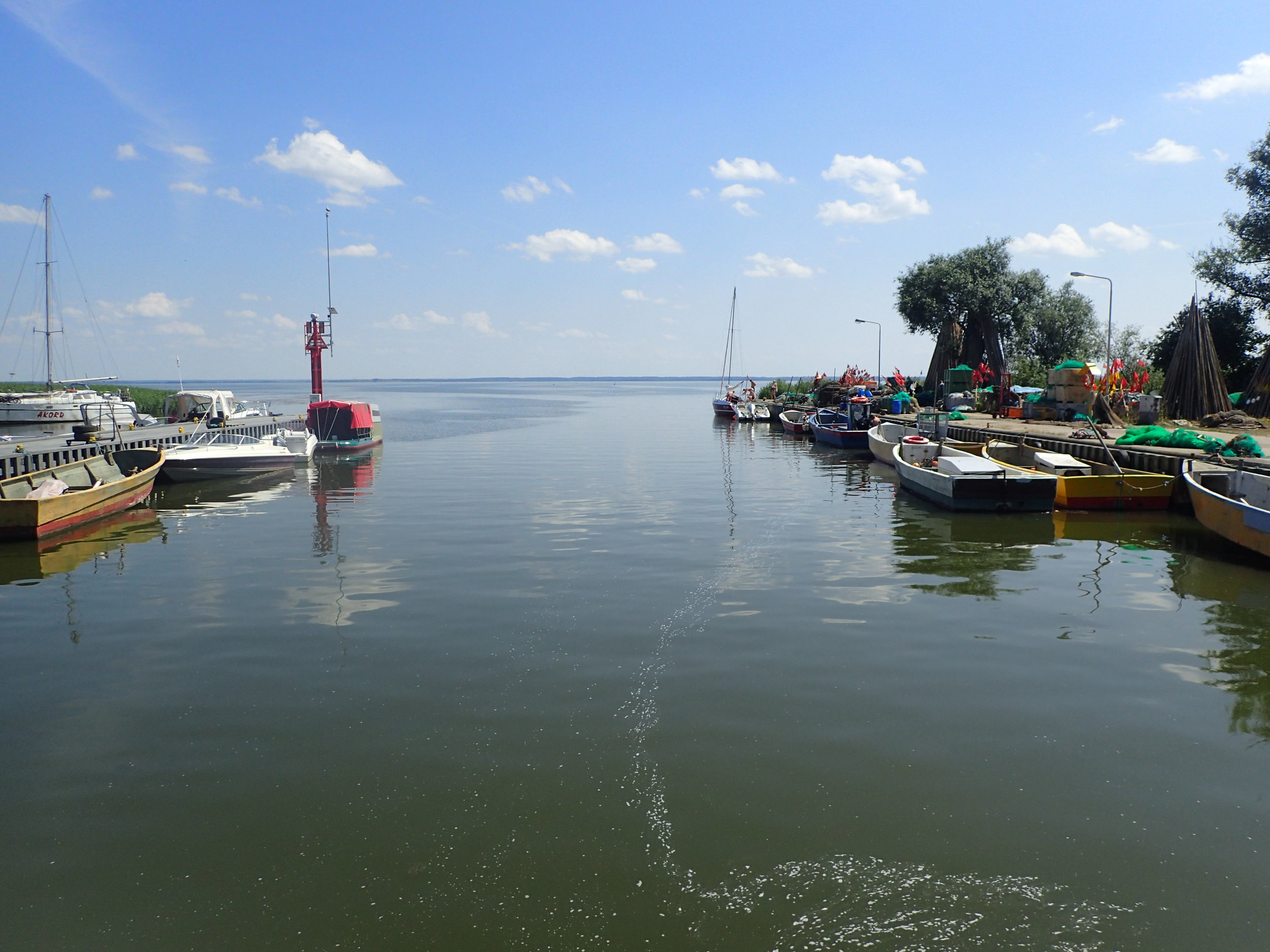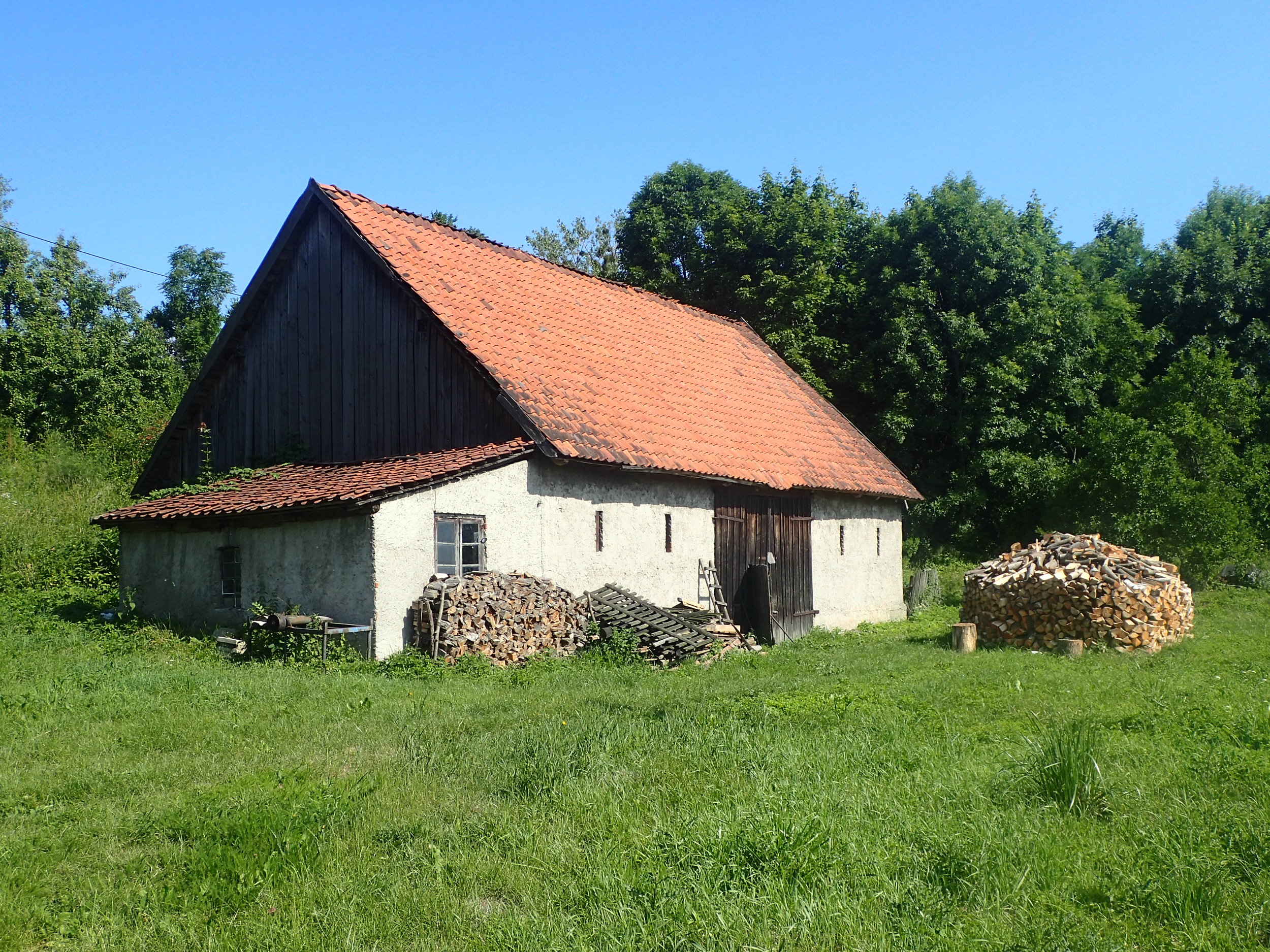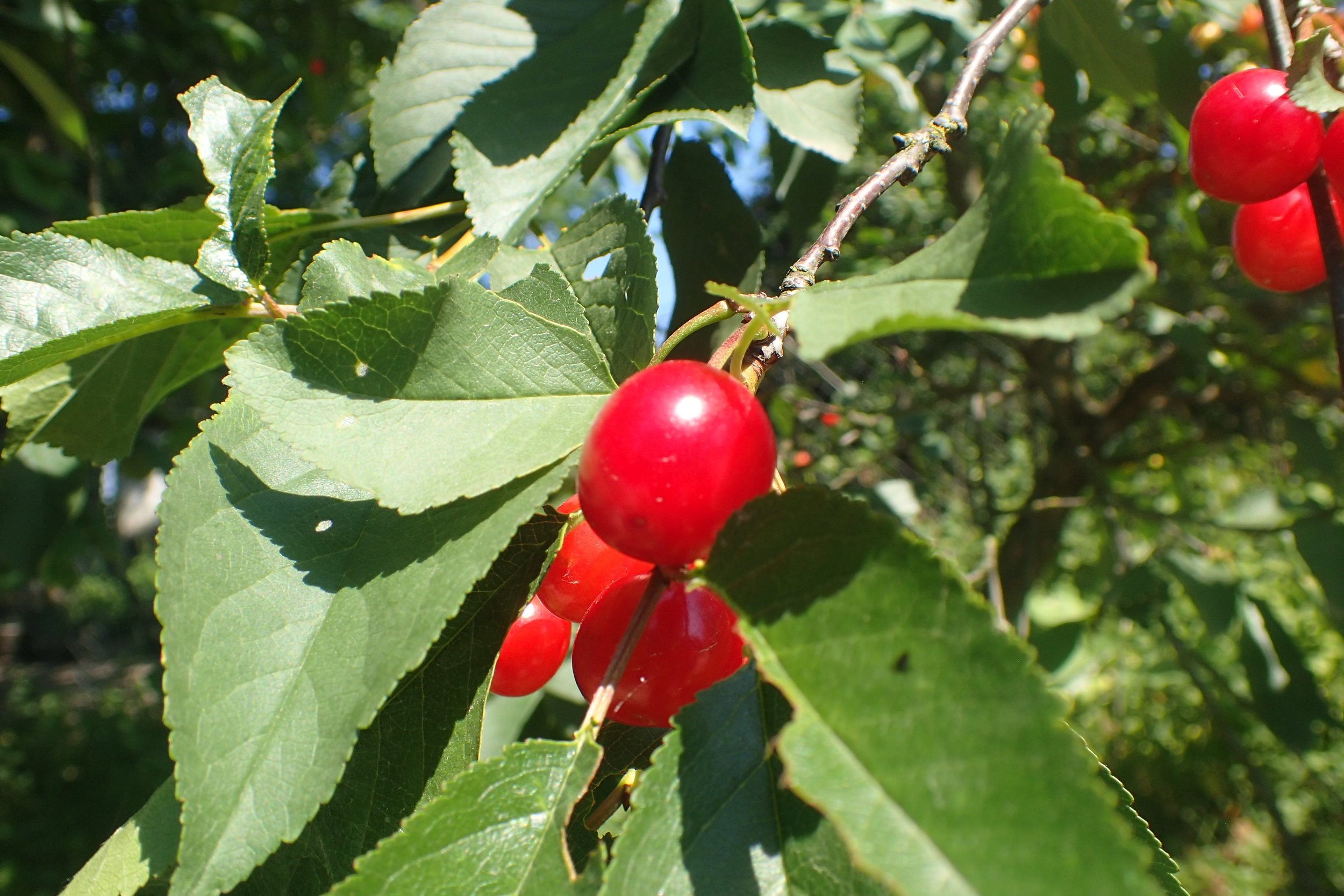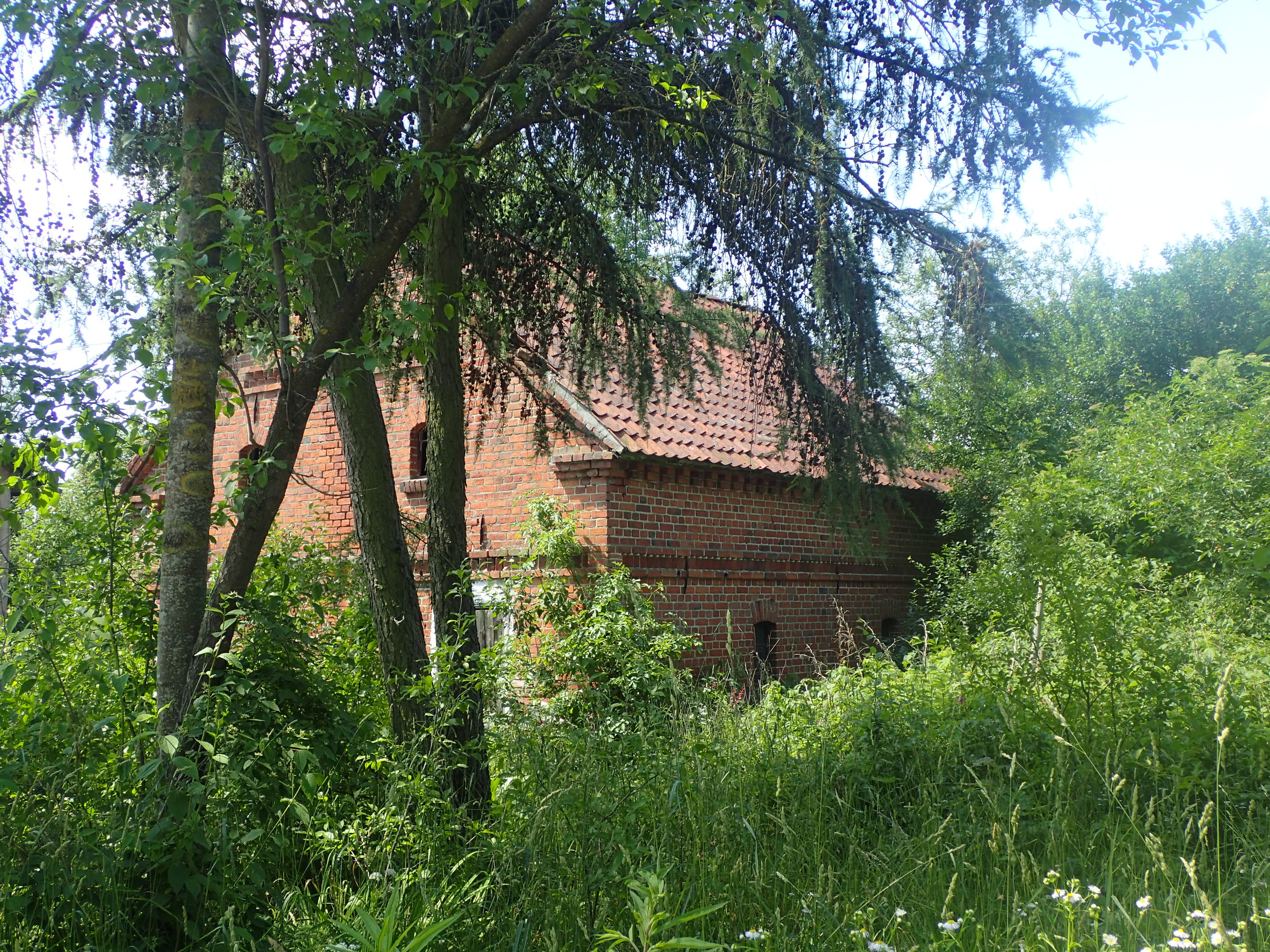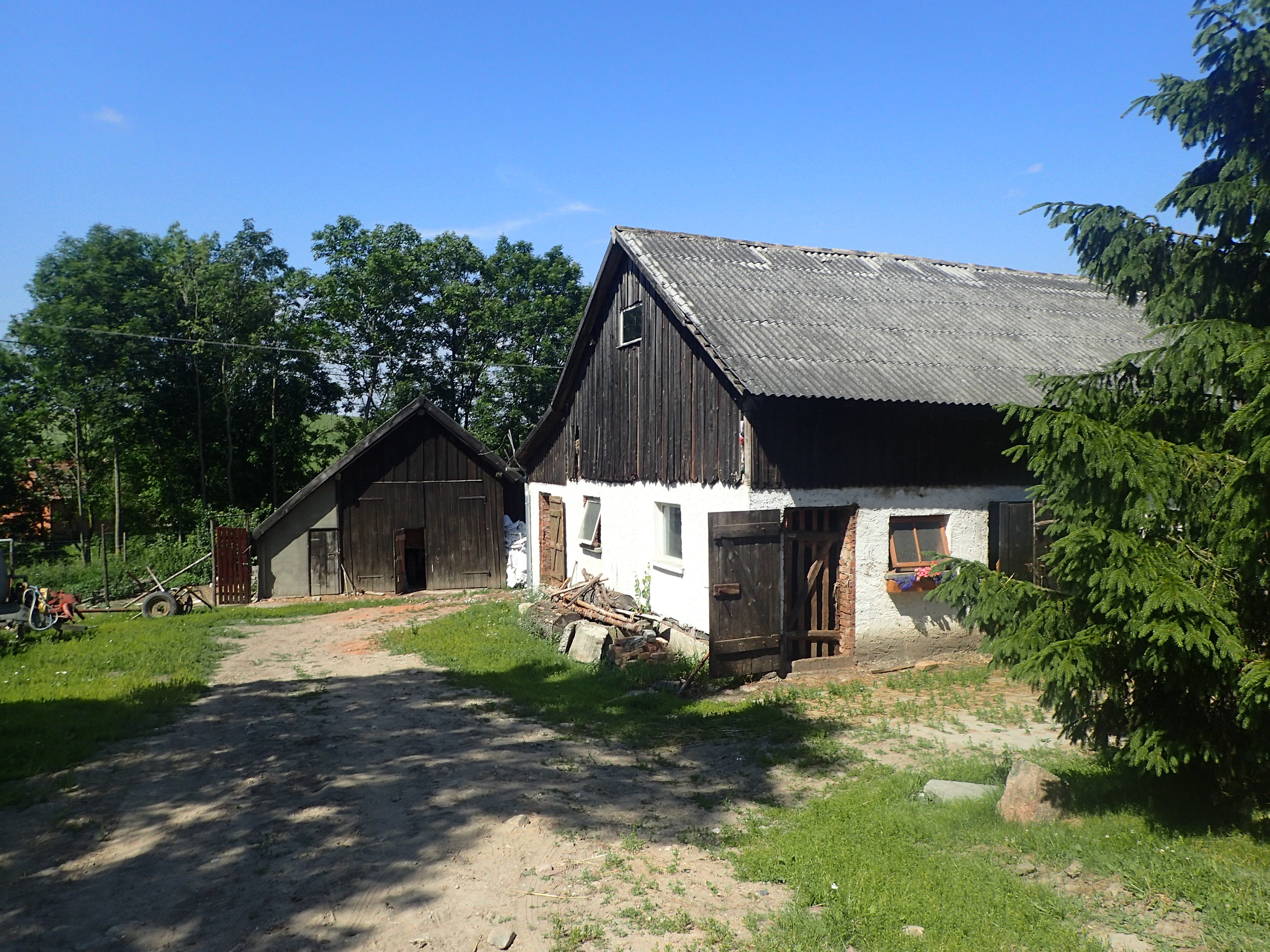I find it appalling that in the 21st century some governments outlaw certain kinds of apparel, namely types of Muslim women’s clothes. Even the argument that it would be a symbol of oppression, I can only partly follow. At least, the veiled Muslim women I know: should it be oppression, they would be the first ones taking it off. Some do, some don’t. The other argument is, that disguise threatens public security. The late Peter Scholl-Latour, the Middle East Expert, even said that Burkas should be banned, because even a man could hide in them. I am not sure what made men in women’s clothes more dangerous to Peter, but I am sure he spoke from rich experience. It may have caused him surprises at some point. And then there is Boris Johnson, recently appealing to his ale drinking electoral base, making jokes that such women look like letter boxes. It’s too easy to counter that by making jokes about Neanderthals, Boris. Looked into a mirror recently? Hahaha! How I love this British humour.
Unfortunately, it’s not just men with homophobia and dumb humour, but today I also had to witness some English women making depreciating comments on Muslim women’s looks who were wearing Hijabs. Given that they were clearly sitting in the glasshouse throwing stones, when it comes to beauty and style, I could not help seeking clarification.
It went about like this:
“Sorry, but from the Muslim ladies I know, they are not just well dressed, elegant, graceful and take good care of details; but they are also educated, interested, speak 5 languages and play chess. By contrary, from the English women I know, there are some but not many who have these qualities combined. So, ‘be the change you want to see’ – and sorry, for quoting Gandhi to educate English people. This may hurt your superiority feelings."
… (some vulgar response) ...
You remember who Gandhi was, right?
… (some incorrect response, followed by the attempt to be funny) ...
No, he was not a naked man with diapers and a turban … Why don’t you have look in the Encyclopedia Britannica?
…. (confused attempt to change the subject) ...
"Oh, you are from Manchester? Then look him up on YouTube. Gandhi not Gandy … ah, enjoy your holidays … good luck, ladies!”















